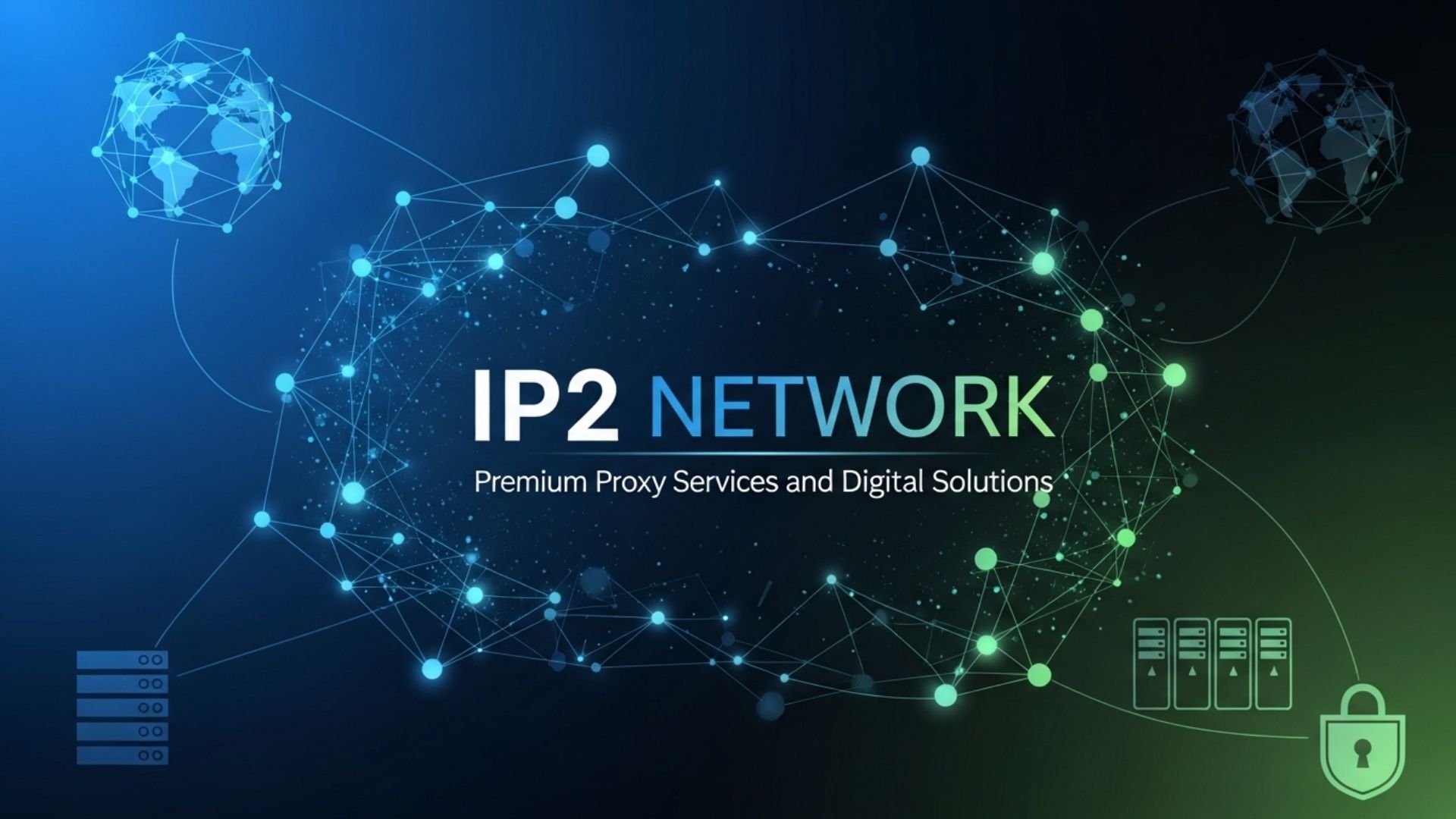The digital landscape demands reliable proxy solutions, and IP2 Network emerges as a leading provider of premium proxy services. Furthermore, businesses worldwide trust this platform for secure, high-speed connections that enhance their online operations. Additionally, the company offers comprehensive networking solutions designed to meet diverse industry requirements. Moreover, their advanced infrastructure supports millions of users across various sectors and applications.
Understanding Proxy Technology and Its Applications
Proxy servers act as intermediaries between users and the internet, providing enhanced security and anonymity. Consequently, organizations rely on these services to protect sensitive data while maintaining optimal performance. Similarly, individual users benefit from improved privacy protection and unrestricted access to global content. Nevertheless, choosing the right proxy provider requires careful consideration of multiple technical and business factors.
Types of Proxy Services Available
Modern proxy solutions encompass various categories, each serving specific purposes and user requirements effectively. Therefore, understanding different proxy types helps businesses make informed decisions about their networking infrastructure. Furthermore, each category offers unique advantages depending on the intended use case and performance requirements.
Residential Proxies Residential proxies utilize real IP addresses assigned by Internet Service Providers to actual homeowners. Subsequently, these connections appear completely legitimate to target websites and security systems. Additionally, they provide excellent success rates for data collection, market research, and competitive analysis. However, they typically cost more than other proxy types due to their premium nature.
Datacenter Proxies Datacenter proxies originate from commercial server farms and offer exceptional speed and reliability. Moreover, they provide cost-effective solutions for high-volume operations requiring consistent uptime and performance. Nevertheless, some websites may detect and block these connections more easily than residential alternatives. Therefore, users must balance cost considerations against detection risks for their specific applications.
Core Features and Service Offerings
Advanced proxy providers deliver comprehensive feature sets designed to meet evolving business requirements. Furthermore, these capabilities enable organizations to scale their operations while maintaining security and compliance standards. Additionally, modern platforms integrate seamlessly with existing infrastructure and third-party applications for enhanced functionality.
IP Rotation and Session Management
Automatic IP rotation prevents detection and ensures consistent access to target websites and applications. Subsequently, users can maintain multiple concurrent sessions without triggering security alerts or rate limiting. Moreover, intelligent rotation algorithms optimize performance by selecting the most suitable IP addresses. Therefore, businesses achieve better success rates while minimizing operational disruptions and technical complications.
Geographic Distribution and Location Targeting
Global proxy networks span multiple countries and regions, enabling precise location-based targeting capabilities. Consequently, marketers can conduct accurate geo-specific research and access location-restricted content efficiently. Similarly, businesses can test their services from different geographic perspectives to ensure optimal performance. Furthermore, this geographic diversity helps organizations comply with regional regulations and requirements.
Technical Infrastructure and Performance Optimization
Robust infrastructure forms the foundation of reliable proxy services, ensuring consistent performance across all applications. Additionally, advanced networking technologies optimize data transmission speeds while maintaining security and stability standards. Moreover, redundant systems and failover mechanisms protect against service interruptions and technical failures.
Network Architecture and Scalability
Modern proxy networks employ distributed architectures that can handle massive traffic volumes efficiently. Therefore, users experience consistent performance regardless of demand fluctuations or peak usage periods. Furthermore, load balancing technologies ensure optimal resource utilization across the entire infrastructure. Subsequently, businesses can scale their operations without worrying about performance degradation or service limitations.
Security Protocols and Data Protection
Enterprise-grade security measures protect user data and maintain connection integrity throughout all transactions. Moreover, encryption protocols safeguard sensitive information from unauthorized access and potential security threats. Additionally, regular security audits and updates ensure compliance with industry standards and regulations. Nevertheless, users should implement additional security measures for maximum protection of critical business data.

